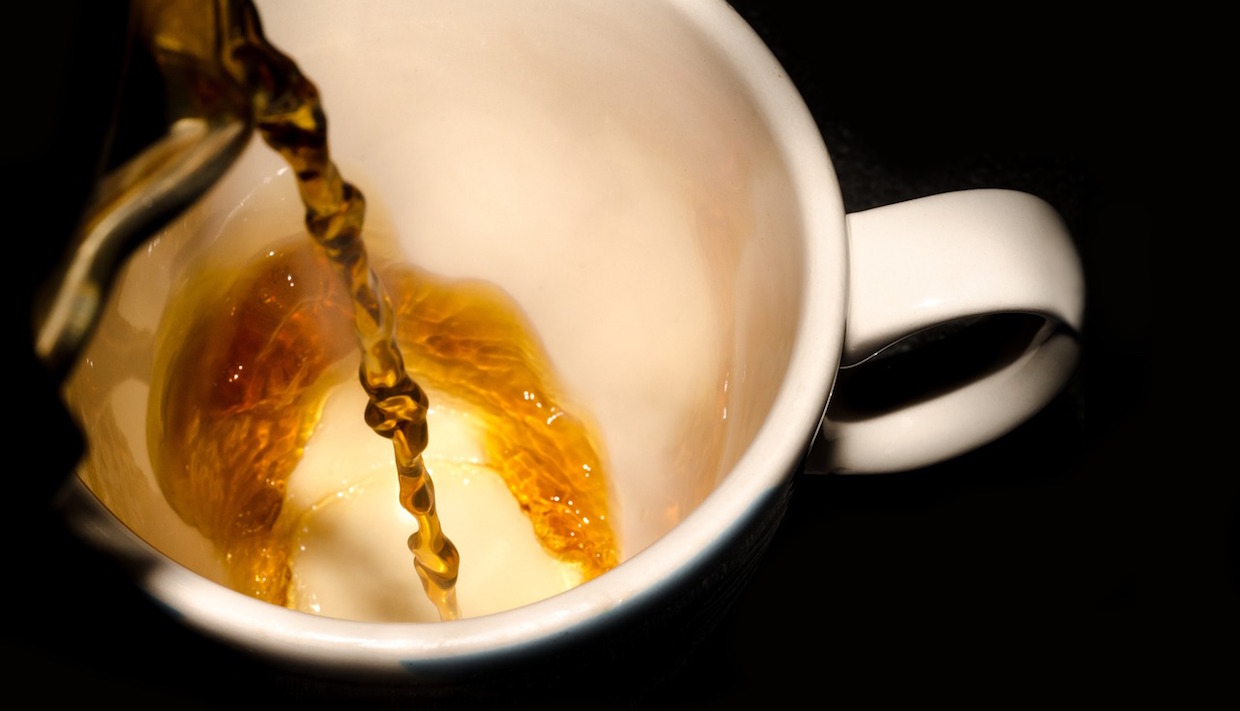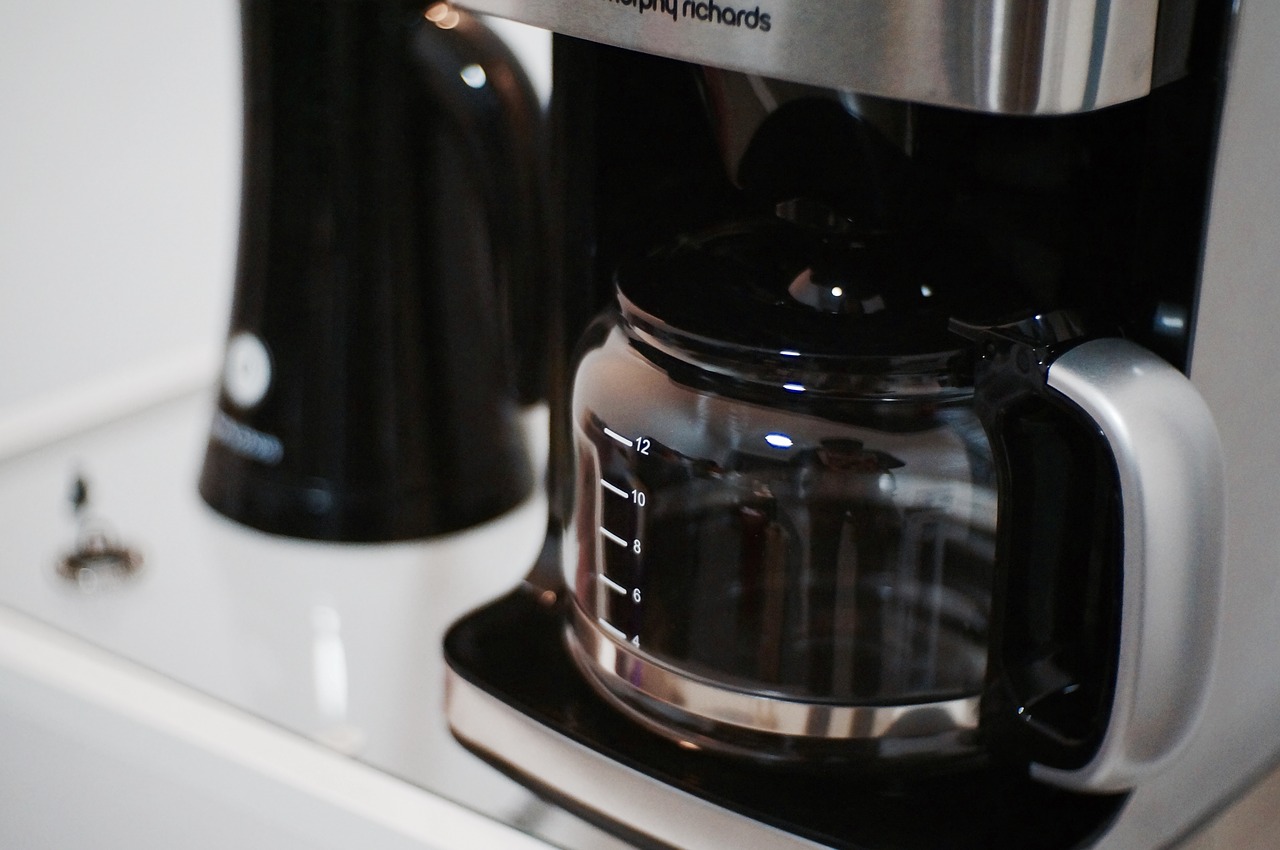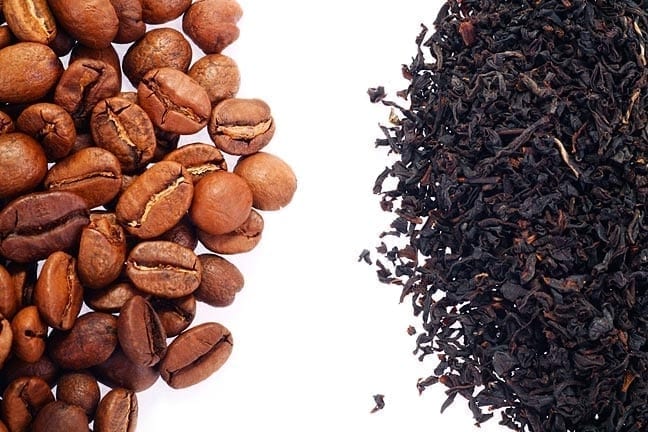If you are currently following a ketogenic diet, also called keto, then you have probably…

All Those Claims About Cold Brew Being Healthier May Be Bunk, Research Shows
While cold brew continues to be the coffee industry’s hottest growth category, new research debunks some of its foundational marketing claims as a lower-acid, healthier alternative to hot coffee.
Using light-roasted coffees from Brazil, two regions of Ethiopia, Colombia, Myanmar and Mexico, with recipes designed to replicate a typical home consumption environment, researchers from Jefferson University found that the pH levels of both hot and cold coffee were similar, ranging from 4.85 to 5.13. Additionally, hot samples contained higher levels of antioxidants, which are believed to be responsible for many of coffee’s health benefits.
“Coffee has a lot of antioxidants, and if you drink it in moderation, research shows it can be pretty good for you,” Jefferson University chemist and study co-author Megan Fuller said in a university announcement. “We found the hot brew has more antioxidant capacity.”
In other words, all the healthy lifestyle bloggers, beverage trend-seekers and coffee companies themselves saying that cold-brewed coffee is healthier than hot-brewed coffee have been, at best, making purely speculative claims. This perhaps relates to the findings that hot-brewed coffee has more titratable acids — which relate more to flavor than to pH — than cold brew, creating the perception of lower acidity.
Importantly, the authors noted an existing new wave of meta-analyses that have shown the potential health benefits of coffee, including improved cardiovascular health, and decreased risks of liver, metabolic and neurological diseases. Research on coffee consumption and health rarely ever factors in brewing method, and most studies assume hot as the standard brewing method.
The Jefferson University researchers noted the rapid surge in cold brew’s popularity among U.S. consumers in recent years, including reports that the domestic cold brew coffee market grew 580 percent from 2011 to 2016, and a 460 percent increase in retail sales of refrigerated cold brew coffee in the United States from 2015 to 2017, generating $38 million in 2017 alone.
With this surge have come marketing claims of all kinds. Often repeated among cold brew sellers is the claim that cold-brewed coffee is a lower-acid alternative to hot brew that is less likely to cause heartburn or gastrointestinal problems.
According to the Jefferson University research — which explored basic acidity (pH), and a range of other chemical differences related to acidity — these claims are essentially bogus, in no small part because the correlation between gastrointestinal issues and/or heartburn and hot coffee is to this point still unclear. To put it another way, if hot coffee does not cause gastrointestinal issues, then how can cold brew be better at not causing gastrointestinal issues?
“Despite the growing popularity of cold brew coffee, very little research has been published on its chemical attributes, including pH and total antioxidant activity, and associated health effects,” the authors wrote in the study, published in Scientific Reports. “An exhaustive literature search returned only four peer-reviewed studies related to cold brew coffee. None of these studies provided enough information to either support or refute the health claims about cold brew coffee made by commercial coffee vendors and cold brew enthusiasts.”
The study also suggests cold brew may not carry with it many of the health benefits associated with hot-brewed coffee.
“This study suggests that the hot brew method tends to extract additional non-deprotonated acids in comparison to the cold brew method. These acids may be responsible for the higher antioxidant activities observed in hot brew coffee samples,” the authors wrote. “Additionally, the chemical composition of hot brew coffee may be more diverse and complex than that of cold brew coffee. Additional research is needed to fully understand any possible differences in the health effects of coffee as a function of brewing temperature and time. The lower antioxidant capacity in cold brew coffees may decrease the chemoprotective benefits known to be associated with hot brew coffees.”
Nick Brown
Nick Brown is the editor of Daily Coffee News by Roast Magazine. Feedback and story ideas are welcome. See the “About Us” page located at the bottom of this site for contact information.








